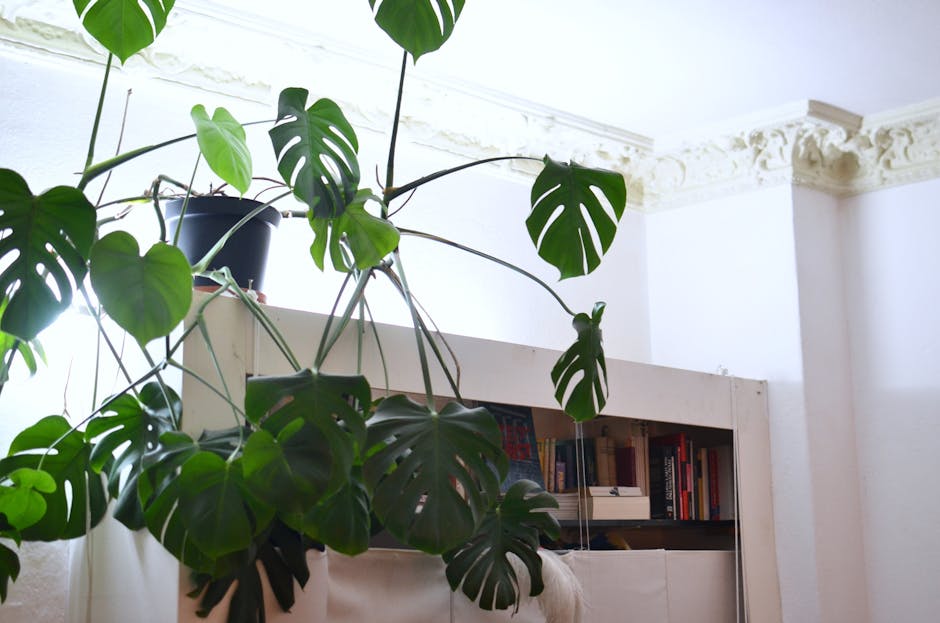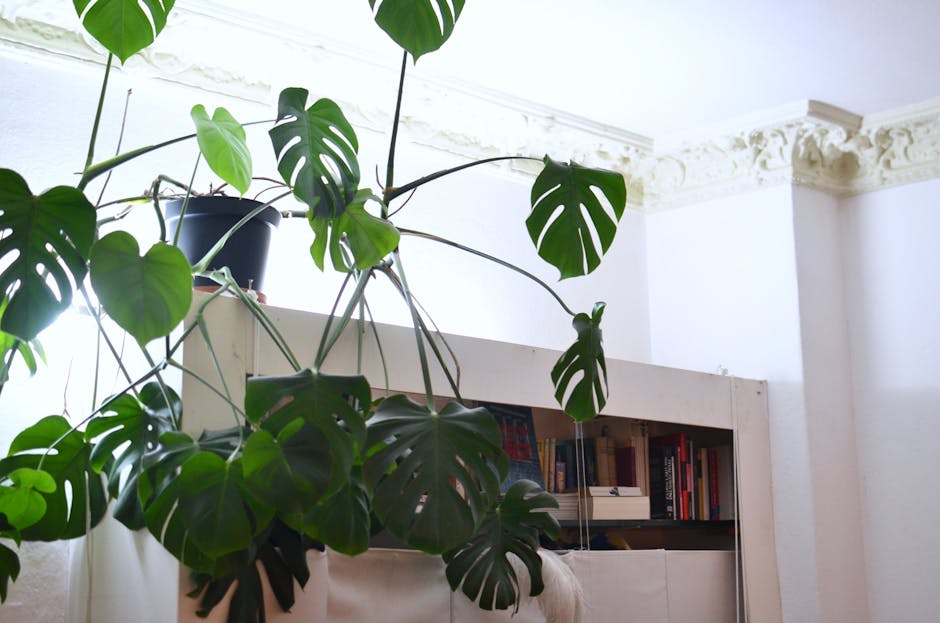Selecting the Perfect Fertilizer for Your Monstera Deliciosa

Choosing the right fertilizer for your Monstera Deliciosa can feel like a daunting task, especially with the myriad of options available in the market. However, with a little knowledge and understanding, you can easily select the perfect fertilizer that will help your Monstera thrive and flourish.
Monstera Deliciosa, also known as the Swiss Cheese Plant, is a popular houseplant known for its unique, holey leaves that can bring a touch of the tropics to any indoor space. Like any other plant, Monsteras need nutrients to grow and stay healthy. While they can get some of these nutrients from the soil, they often need a little extra help, which is where fertilizers come in.
Fertilizers are essentially plant food, providing the necessary nutrients that your Monstera needs to grow. However, not all fertilizers are created equal. Different plants have different nutritional needs, and what works for one plant may not work for another. Therefore, it’s crucial to choose a fertilizer specifically designed for your Monstera Deliciosa.
When selecting a fertilizer for your Monstera, the first thing to consider is the N-P-K ratio. This stands for Nitrogen (N), Phosphorus (P), and Potassium (K), the three primary nutrients that plants need to grow. Monsteras generally prefer a balanced N-P-K ratio, such as 20-20-20. This means the fertilizer contains an equal amount of each nutrient, which is ideal for promoting overall plant health and growth.
Next, consider the form of the fertilizer. Fertilizers come in various forms, including granules, spikes, and liquid. Each form has its pros and cons, but many Monstera owners prefer liquid fertilizers. They are easy to apply, and you can control the amount you give your plant. Plus, liquid fertilizers are quickly absorbed, so your Monstera can start benefiting from the nutrients right away.
Another important factor to consider is the frequency of application. Monsteras are not heavy feeders, so they don’t need to be fertilized as often as some other houseplants. Generally, it’s best to fertilize your Monstera once a month during the growing season (spring and summer) and less frequently during the dormant season (fall and winter). Over-fertilizing can lead to nutrient burn, which can damage your plant.
Lastly, consider the quality of the fertilizer. While it may be tempting to go for the cheapest option, remember that you get what you pay for. High-quality fertilizers are usually more effective and safer for your plant. Look for a reputable brand with good reviews, and avoid fertilizers with unnecessary additives or fillers.
In conclusion, choosing the right fertilizer for your Monstera Deliciosa doesn’t have to be complicated. By considering factors like the N-P-K ratio, the form of the fertilizer, the frequency of application, and the quality of the product, you can select the perfect fertilizer that will help your Monstera grow strong and healthy. Remember, a well-fed Monstera is a happy Monstera!
A Comprehensive Guide to Choosing the Right Fertilizer for Your Monstera Deliciosa
Choosing the right fertilizer for your Monstera Deliciosa can seem like a daunting task, especially with the myriad of options available in the market. However, with a little knowledge and understanding, you can easily select the perfect nourishment for your beloved plant.
Monstera Deliciosa, also known as the Swiss Cheese Plant, is a popular houseplant due to its unique, large, and glossy leaves. It’s a tropical plant that thrives in warm, humid environments, and like any other plant, it requires proper care and nutrition to flourish. This is where the role of a good fertilizer comes into play.
Fertilizers are essential for plants as they provide the necessary nutrients that might be lacking in the soil. They help in promoting healthy growth and enhancing the plant’s overall appearance. However, not all fertilizers are created equal, and the right choice depends on the specific needs of your Monstera Deliciosa.
Firstly, it’s important to understand that Monstera Deliciosa is a fast-growing plant that requires a balanced diet. A fertilizer with a balanced ratio of Nitrogen (N), Phosphorus (P), and Potassium (K) is ideal. These three elements are often referred to as N-P-K and are usually displayed on the fertilizer packaging. A balanced N-P-K ratio, such as 20-20-20, ensures that your plant gets an equal amount of each nutrient.
Nitrogen promotes leaf growth and gives your Monstera its vibrant green color. Phosphorus aids in root development and enhances the plant’s ability to absorb other nutrients. Potassium, on the other hand, helps in overall plant health and disease resistance.
While these three elements are crucial, Monstera Deliciosa also benefits from trace elements like magnesium and calcium. These elements are usually present in most general-purpose fertilizers, but it’s always a good idea to check the label.
Secondly, the type of fertilizer you choose also matters. There are generally two types: organic and synthetic. Organic fertilizers, such as compost or worm castings, are made from natural materials and are slow-releasing. They provide a steady supply of nutrients over a longer period and improve the soil structure. Synthetic fertilizers, on the other hand, are chemically manufactured and are fast-acting. They provide a quick nutrient boost but need to be applied more frequently.
The choice between organic and synthetic depends on your personal preference and the specific needs of your plant. If your Monstera Deliciosa is healthy and growing well, a slow-releasing organic fertilizer might be sufficient. However, if your plant is showing signs of nutrient deficiency, a fast-acting synthetic fertilizer might be a better choice.
Lastly, the frequency of fertilization is also crucial. Monstera Deliciosa typically needs to be fertilized once a month during the growing season (spring and summer) and less frequently during the dormant season (fall and winter). Over-fertilization can lead to salt buildup in the soil, which can harm your plant.
In conclusion, choosing the right fertilizer for your Monstera Deliciosa involves understanding the plant’s nutritional needs, selecting the right type of fertilizer, and applying it at the correct frequency. With the right care and nourishment, your Monstera Deliciosa will continue to thrive and bring you joy with its unique and beautiful foliage.

